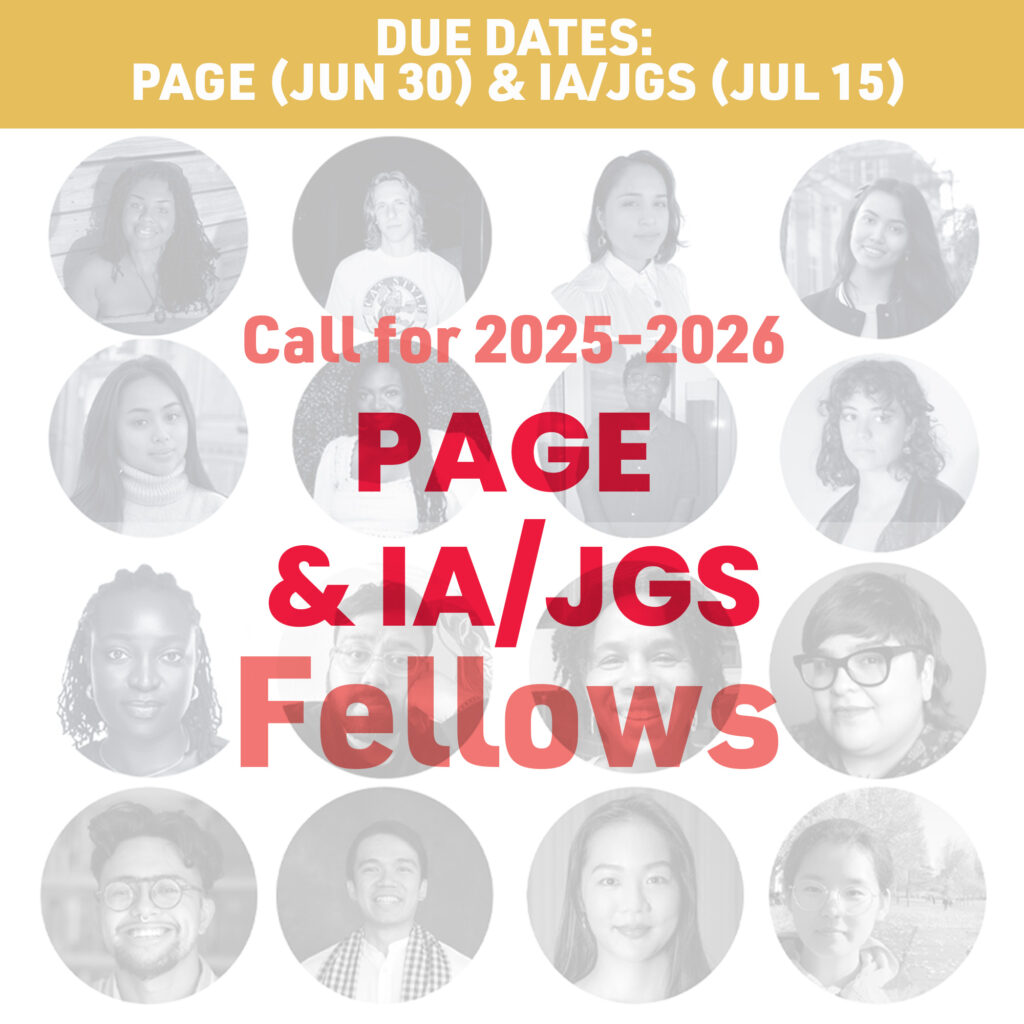IA announces six new Collaboratories launching in 2025
Imagining America is proud to announce six new Collaboratories launching in 2025. These compelling proposals responded to the first invitation for IA Collaboratories in over a decade, welcoming emergent partnerships and new communities of practice to form in areas of shared interest among IA members and partners in the broader IA network.
From a virtual speaker series on the undercommons and a puppet parade performance to communities of practice on radical pedagogy, regional organizing, speculative futures, and student refuge, the following projects will be carried out across 10 IA member campuses and collaborate with at least 7 other neighboring campuses and communities.
Collaboratories have long been part of IA’s work to connect members across the IA consortium in the production of public knowledge and collective imagination through collaborative research and experimentation. IA Collaboratories have included Assessing the Practices of Public Scholarship (APPS), the Collective of Publicly Engaged Designers (CoPED), Performing Our Future and other action research initiatives.
As we approach Imagining America’s 25th anniversary, to be celebrated at the 2025 IA National Gathering in Cincinnati, we selected Collaboratories with a focus on the first two IA guiding values. These two IA values combined represent some of the most critical tensions and opportunities in our work and in the world today:
1) It is important to struggle with the idea of America. The idea of ‘America’ embodies both the prophetic vision and legacy of social movements that have fought for a fully equitable broad-based popular democracy, and a troubling legacy of violence, oppression, and genocide. To realize our vision, we believe that it is important to struggle with this contradiction and how it has and continues to manifest domestically, regionally, and globally.
2) Creative culture is an important site of liberation. The bold power of art and design holds the key to bringing people together in imagining and embodying a better future. Creative practices force us to suspend belief, step outside of dead-end thinking, and imagine a different way of being. Collaborative creative culture-making brings people together in ways that foster empathy, joy, play, and connection.
Please join us in celebrating these exciting Collaboratories, and look out for opportunities to be involved in their work through the IA network.
B-More with Imagination
Romy Hübler (Towson University), Susan Tuberville (MICA), and David Hoffman (University of Maryland-Baltimore County)
The B-More with Imagination Collaboratory will expand an ongoing IA Community of Practice at Towson University to the wider Baltimore region by bringing together members of various higher education institutions and community organizations to imagine and enact an inter-institutional, place-based approach to work toward equity and justice. Through monthly meetings and day-long symposiums, the Collaboratory will formalize existing connections and introduce new collaborators to the power of IA and collectively envision a framework for regional place-based community engagement.
Creating Refuge
Jenna Vendil (Bates College) and Ruth Jansich (Macalester College)
The Creating Refuge Collaboratory will explore how Community Engagement Centers (CECs) on undergraduate campuses can be spaces for community care, resiliency practice, and creative resistance for young people. Community Engagement Centers are situated in intersectional spaces – part of the academic institution, part of the community, and accountable to a wider set of stakeholders beyond the college and to the common good. The Creating Refuge Collaboratory provides a pathway for CEC staff, students, faculty, and community partners to build bridges between communities, to share ideas, experiment, create new openings, examine fractals or patterns, and practice new ways of being as humans, scholars, artists, educators, and practitioners.
Dreaming “America,” Enacting Community Joy
Kate Duffy (Reed College)
This Collaboratory project will be a community of practice rooted in envisioning new futures through speculative and creative engagement with Reed students, staff and faculty, as well as Portland community members. The Collaboratory will lead a series of guided conversations about the contentious idea of “America,” leading to the creation of large-scale objects (puppets) representing aspects of these conversations, and a final, public procession at Reed and in the Everything Under the Sun Parade. Our goal is to encourage the community of Reed College, prompted by Imaging America’s guiding values, to struggle with the idea of America, to envision new possible futures for themselves (at Reed, in their communities, their city, and their nation), to feel these envisioned futures in their bodies, and to then create a visual representation of these visions to be shared publicly, with the college and then with the city.
Enacting Our Radical Imaginary: A Place-Based Activation of Speculative Learning Design
Ijeoma Njaka (Georgetown University)
The Enacting Our Radical Imaginary (EORI) Collaboratory will combine radical imagination, speculative design, and embodied arts-based pedagogy in order to ask our university community to struggle not only with the idea of America, but also the racism and white supremacy in our institutional history as we work to build a just future at our university. Through the partnership of three Georgetown University institutions, the EORI Collaboratory will use the student-generated speculative designs featuring radically reimagined visions of US higher education centered around racial justice as the source material for scenarios to be co-generated with the Racial Justice EnActors using the Baker Family Terrace as a space for participatory workshops, performance, and activation.
Pedagogies of Possibility
Deborah Keisch (University of Massachusetts, Amherst) and Jessica Bacal (Smith College)
Drawing from the organizers’ edited volume, Pedagogies of Possibility: Supporting Undergrads to Imagine and Build Futures of Their Own Making (West Virginia University Press), this Collaboratory will build a community of radical educators in higher education committed to exploring new ways of teaching and learning that can meet the needs of this current moment. Educators can find themselves isolated within their own institutions when it comes to evolving their pedagogy, as we often don’t talk about teaching practice in higher education, particularly if it involves our struggles. Educators who want to experiment and move beyond traditional modes of teaching may be fearful to do so because of how closely their teaching evaluations are tied to tenure and promotion. This Collaboratory will serve as a touchstone — a way for people to connect across institutions, strengthening their access to resources, to pedagogical comrades, and to possibilities for collaboration, including collaborative research.
Tools for the Undercommons Speaker Series
Jacqueline Jean Barrios and Harris Kornstein (University of Arizona)
This Collaboratory focuses on practitioners who have always worked in partnership with communities to create public knowledge and practice the kind of “study” that Stefano Harney and Fred Moten describe in their theorization of The Undercommons. A series of virtual sessions will share field-tested strategies, tactics, or methods that maintain alternate centers of gravity within (and outside of) academia, while also serving as an undercommons of its own. We see this Collaboratory as supporting ongoing efforts to develop new pathways for research that is meaningful and accessible to those most impacted, that advances the careers of public scholars/artists and cultural workers (by expanding what “counts” in various fields), and that demonstrates the value of these kinds of work.


